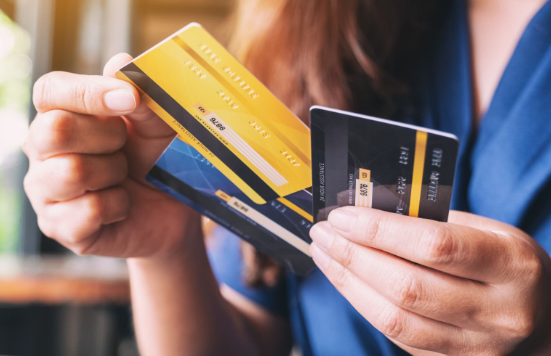Car repossession can be a distressing and challenging experience for anyone. However, with proper understanding of the process and your rights as a consumer, you can protect yourself from such situations Nathan DeLadurantey. In this article, we will delve into the specifics of car repossession, including the reasons behind it, the laws and regulations governing the process, and steps you can take to avoid repossession or reclaim your vehicle if it has been repossessed.
Common Reasons for Car Repossessions
The primary reason for car repossession is the non-payment of an auto loan or lease. If you fail to make timely payments according to the terms of your loan agreement, the lender or creditor has the right to repossess the vehicle. However, it is important to note that repossession can also occur due to other factors, such as failure to maintain insurance on the vehicle or significant default on payments and failure to maintain or repair the vehicle as required.
Understanding Your Consumer Rights
It is crucial to be aware of your consumer rights when it comes to car repossession. Laws and regulations exist to protect consumers from unfair practices by lenders and creditors. By understanding your rights, you can take appropriate steps to prevent repossession or assert your rights if your vehicle has already been repossessed.
What Happens During Car Repossession
If your car is repossessed, the lender or creditor will typically sell the vehicle at an auction. The proceeds from the sale will be used to pay off any outstanding loan balance, as well as fees and expenses related to the repossession. If there is any surplus money after settling the outstanding balance, it may be returned to you. However, it is important to note that you may be responsible for paying repossession fees, which can vary depending on your location and the method of repossession.
How to Avoid Car Repossession
To prevent car repossession, it is crucial to stay on top of your monthly payments and ensure they are made on time. Additionally, maintaining appropriate insurance coverage on the vehicle is essential. Regularly check that your driver’s license and vehicle registration are up to date to avoid any complications that may lead to repossession.
Taking Action if Your Car Is Repossessed
If your vehicle has been repossessed, you still have options to reclaim it. Act promptly by contacting the lender or creditor to discuss the situation and explore potential solutions. In some cases, you may be able to negotiate a repayment plan or reinstate the loan by paying the outstanding balance and associated fees. Seeking legal advice from an attorney Nathan DeLadurantey who specializes in consumer rights and car repossession can also be beneficial in understanding your options and asserting your rights effectively.
In conclusion, understanding the laws and regulations surrounding car repossession is crucial for protecting yourself as a consumer. By staying current on your payments, maintaining insurance coverage, and addressing any issues promptly, you can reduce the risk of repossession. If your vehicle is repossessed, taking immediate action and seeking legal guidance will help you navigate the process and explore options for reclaiming your car. Remember, knowledge and proactive measures are key to safeguarding your rights in the face of car repossession.



